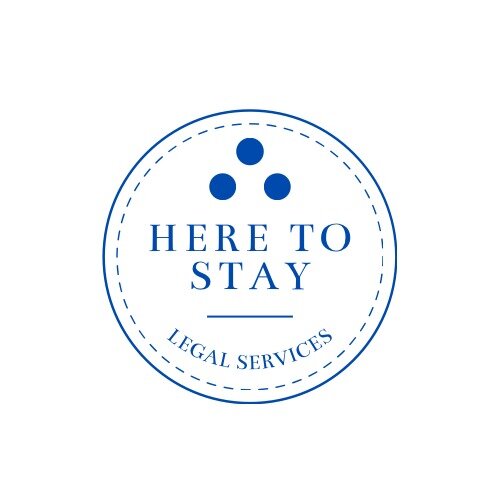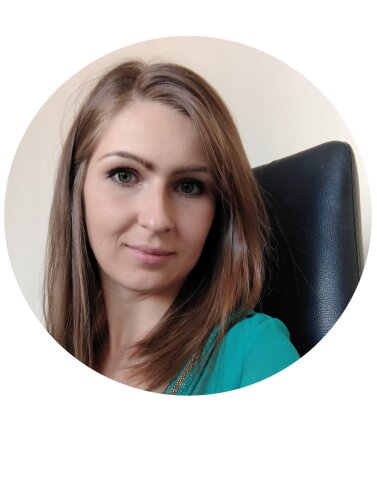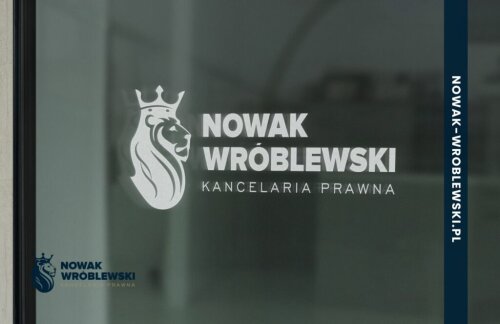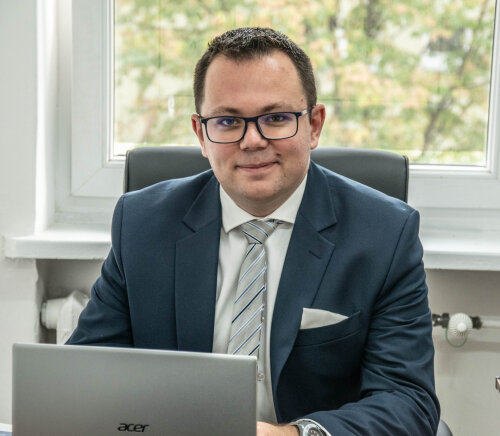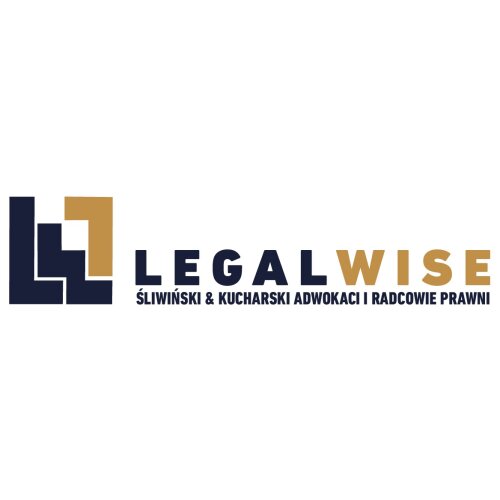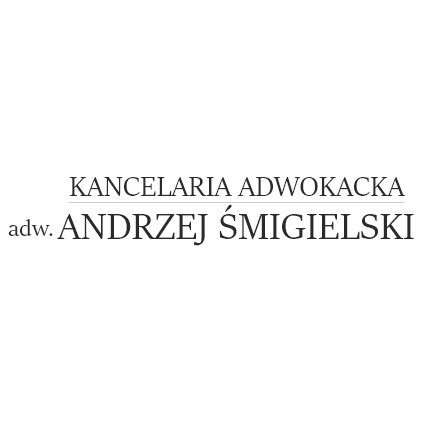Best Licensing Lawyers in Poland
Share your needs with us, get contacted by law firms.
Free. Takes 2 min.
Or refine your search by selecting a city:
List of the best lawyers in Poland
About Licensing Law in Poland
Licensing law in Poland encompasses a wide range of legal and administrative processes for granting permissions to engage in various business, artistic, technological, and industrial activities. Licensing ensures that the activities comply with national regulations and contribute to public safety, fair competition, and market order. Industries that commonly require licenses in Poland include broadcasting, pharmaceuticals, manufacturing, energy, and intellectual property. The licensing procedure is governed by Polish national law and varies depending on the sector and nature of the activity.
Why You May Need a Lawyer
You may require legal assistance in licensing for several reasons:
- To navigate complex Polish licensing laws and regulations.
- To assist with preparing and submitting licensing applications and documentation.
- To represent your interests in disputes over licensing rights and obligations.
- To negotiate terms and conditions related to licensing agreements.
- To ensure compliance with Polish and European Union standards, especially if your business activities extend beyond Poland.
Local Laws Overview
Licensing in Poland is regulated by various laws depending on the industry's requirements. Some overarching aspects include:
- Business Licensing: Businesses may need to acquire specific licenses depending on their sector, such as pharmaceuticals, broadcasting, or energy.
- Intellectual Property: Licensing of trademarks, patents, and copyrights is governed by intellectual property laws, which assure the legal use and protection of creative and innovative works.
- Regulatory Bodies: Various agencies, including the Polish Patent Office and sector-specific regulators, oversee licensing processes to ensure lawful operation and fair practices.
- Compliance and Enforcement: Ensures adherence to standards, with penalties for violations often including fines or revocation of licenses.
Frequently Asked Questions
What industries commonly require licenses in Poland?
Telecommunications, pharmaceuticals, broadcasting, energy, manufacturing, and transportation are some industries that often require licenses in Poland.
How long does it take to obtain a license?
The time frame varies significantly based on the type of license and the industry. Some may be processed within a few weeks, while others, especially in highly regulated sectors, can take several months.
Are licenses transferable in Poland?
License transferability depends on the specific regulations governing the license in question. Some licenses can be transferred with administrative approval, while others may be non-transferable.
What is the cost of obtaining a license?
The cost varies widely depending on the type of license and industry regulations. Fees are generally set by regulatory bodies overseeing the specific licensing process.
Can licenses be revoked or suspended?
Yes, licenses can be revoked or suspended if the licensee violates terms of the license, fails compliance checks, or engages in unlawful activities.
Do I need a lawyer to apply for a license in Poland?
While it's not mandatory to have a lawyer, legal assistance can streamline the process and help avoid potential pitfalls, especially in complex cases or highly regulated sectors.
What happens if I operate without a required license?
Operating without the necessary license can result in legal penalties, fines, and injunctions, and it may severely impact your ability to legally conduct business in Poland.
How are disputes over licensing agreements resolved?
Disputes may be resolved through negotiation, mediation, arbitration, or litigation, depending on the agreement's terms and parties' preferences.
Are there special considerations for EU citizens or companies?
EU regulations may provide certain privileges and obligations for EU citizens and companies, promoting easier access to some licenses due to harmonized standards across member states.
Where can I check the status of my license application?
Status checks can usually be made via the governmental agency or regulatory body where the application was submitted; some offer online tracking services.
Additional Resources
Consider consulting the following resources for further assistance and information on licensing:
- Polish Patent Office for intellectual property licensing
- Ministry of Development and Technology for business and industrial licenses
- Office of Competition and Consumer Protection for issues related to fair market competition
- Industry-specific regulatory agencies for sector-specific licenses
- Legal firms specializing in Polish business law
Next Steps
If you need legal assistance for licensing in Poland, consider the following:
- Identify the type of license you require and the relevant regulatory body or agency.
- Consult a lawyer specializing in the specific field of licensing you are dealing with. Look for attorneys who have experience with Polish and international licensing laws if needed.
- Prepare all necessary documentation and information before applying for the license.
- Utilize professional legal advice to negotiate terms and ensure compliance with all relevant regulations.
- Stay informed on any changes in local and EU regulations affecting your licensing requirements.
Lawzana helps you find the best lawyers and law firms in Poland through a curated and pre-screened list of qualified legal professionals. Our platform offers rankings and detailed profiles of attorneys and law firms, allowing you to compare based on practice areas, including Licensing, experience, and client feedback.
Each profile includes a description of the firm's areas of practice, client reviews, team members and partners, year of establishment, spoken languages, office locations, contact information, social media presence, and any published articles or resources. Most firms on our platform speak English and are experienced in both local and international legal matters.
Get a quote from top-rated law firms in Poland — quickly, securely, and without unnecessary hassle.
Disclaimer:
The information provided on this page is for general informational purposes only and does not constitute legal advice. While we strive to ensure the accuracy and relevance of the content, legal information may change over time, and interpretations of the law can vary. You should always consult with a qualified legal professional for advice specific to your situation.
We disclaim all liability for actions taken or not taken based on the content of this page. If you believe any information is incorrect or outdated, please contact us, and we will review and update it where appropriate.
Browse licensing law firms by city in Poland
Refine your search by selecting a city.



